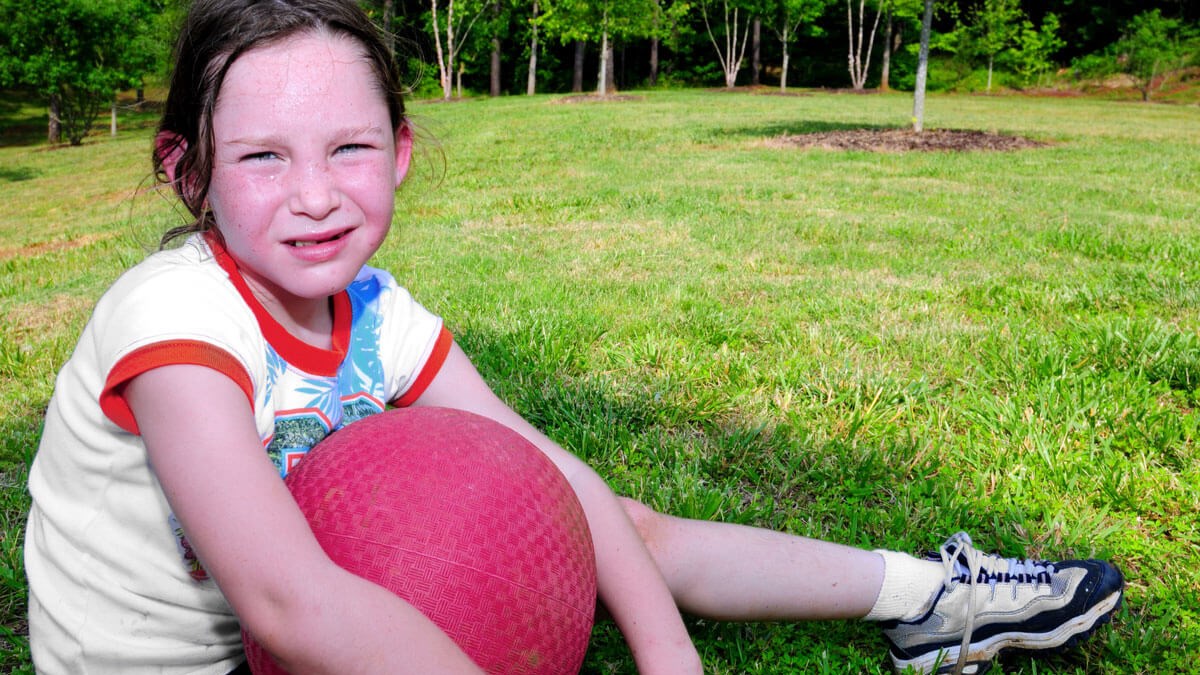Safety Tips for Summer Heat
&srotate=0)
Heat exhaustion can be a major problem as temperatures rise this summer. Here are a few tips to help avoid heat exhaustion and other heat-related illnesses. Follow these tips to keep family members and yourself safe this summer.
Stay Hydrated
Drink plenty of water and drink water even if you are not thirsty.
Stay Informed
Keep up to date with the latest forecasts and avoid midday heat whenever possible.
Stay Cool
Stay in air-conditioned areas if possible and avoid direct sunlight. Stay in the shade if outdoor activity is unavoidable.
- Limit outdoor activity, especially during the midday heat
- Schedule activities earlier or later in the day if possible.
- Pace yourself. Start activities slowly and pick up the pace gradually.
- Drink two to four cups of water every hour.
- If you must be outside, breaks are encouraged to cool off and drink water
- Wear light, loose clothing.
- Wear a hat and other protective gear. Always reapply sunscreen.
- Never leave children unattended.
- Check on at-risk family and friends at least twice a day. At-risk could be elderly relatives or those who are very active.
Signs of Heat Exhaustion Provided by the Center for Disease Control and Prevention:
- Heavy sweating
- Weakness or tiredness
- Cold, pale, clammy skin
- Fast, weak pulse
- Nausea or vomiting
- Fainting
- Headache
- Muscle cramps
Heat Exhaustion Treatment:
- Get to a cooler, air-conditioned area
- Drink water
- Take a cool shower or cold compress to pressure points
- In the case of heat-related illness, it is always wise to seek medical care immediately.
- Call 9-1-1 if unsure of treatment.

Remember, extreme heat exhaustion leads to heat stroke. Heat strokes are serious medical emergencies.
Get Medical Help as Soon as Possible If:
- The symptoms worsen
- The symptoms last longer than an hour
- The person begins to throw up
Signs of Heat Stroke Provided by the CDC:
- High body temperature (above 103°)
- Hot, red, dry or moist skin
- Rapid and strong pulse
- Possible unconsciousness
- Headache
- Dizziness
- Nausea
- Confusion
Heat Stroke Treatment – Leave It to the Professionals:
- Call 9-1-1 immediately
- Cool the person until help arrives
- Do not give the person something to drink
Health Services of North Texas wishes you a happy and healthy summer. We hope these tips will help you and your family stay healthy and safe during the hot summer months.